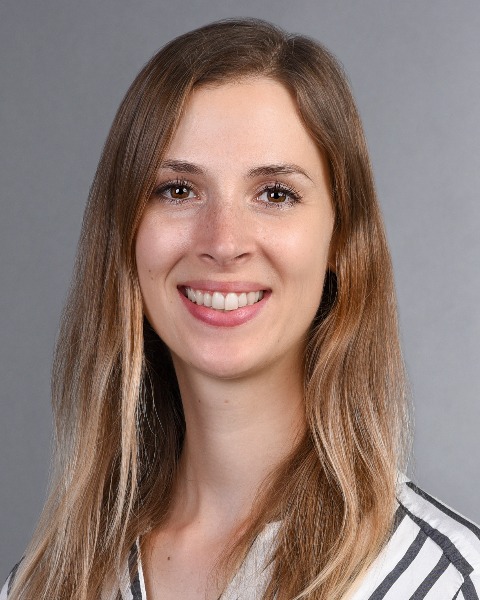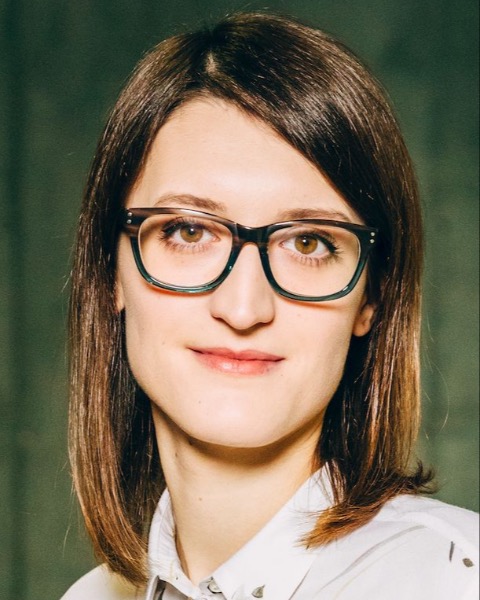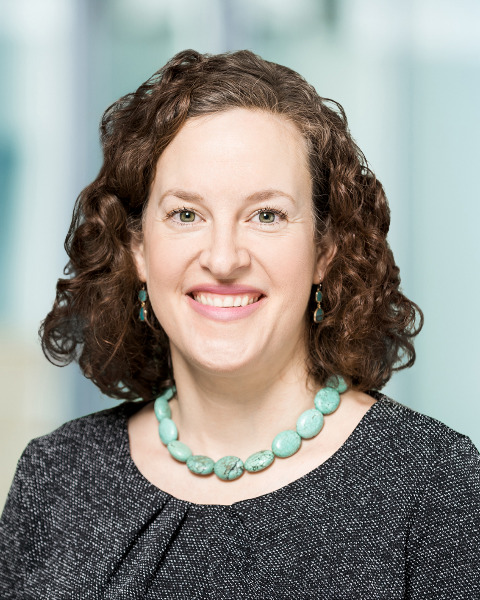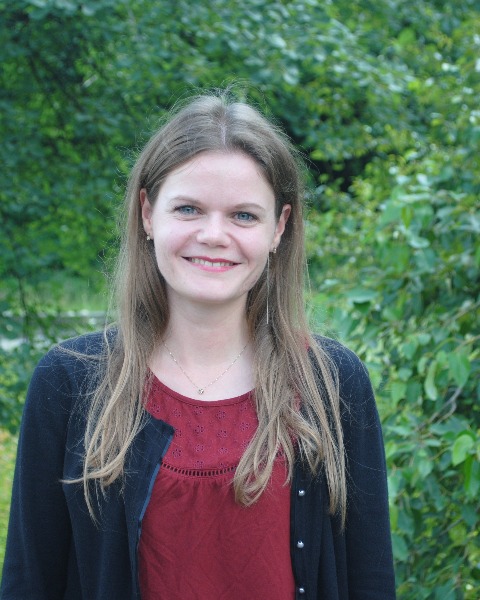Program Area: Behavioral and Social Sciences
Insights into Health-Relevant Interpersonal Dynamics in Aging Couples from the Lab and Daily Life
-

Theresa Pauly, PhD
Dr.
Psychology
University of Zurich
Zurich, Zurich, Switzerland -

Karolina Kolodziejczak, PhD
Postdoctoral Researcher
Department of Psychology
Medical School Berlin
Berlin, Berlin, Germany -

Christina Röcke, PhD
Deputy Director and Head Research Group
URPP Dynamics of Healthy Aging & Center for Gerontology
University of Zurich, Dynamics of Healthy Aging & Center for Gerontology
Zurich, Zurich, Switzerland -

Karolina Kolodziejczak, PhD
Postdoctoral Researcher
Department of Psychology
Medical School Berlin
Berlin, Berlin, Germany -

Theresa Pauly, PhD
Dr.
Psychology
University of Zurich
Zurich, Zurich, Switzerland -

Tabea Meier, PhD
Postdoctoral Fellow
School of Education and Social Policy
Northwestern University
Evanston, Illinois, United States
Chair(s)
Co-Chair(s)
Discussant(s)
Individual Symposium Abstract First Author(s)
Emerging research demonstrates that long-term and daily health indicators are closely linked in aging partners. Yet, not much is known about exactly how partners get under each other’s skin. This symposium investigates different positive and negative interpersonal contexts, including physical intimacy, positive and negative emotional experiences, and couple conversations (e.g., conflict, recounting distressing memories, discussing enjoyable topics), and their link with neuroendocrine and cardiovascular markers. The four talks feature a variety of study designs ranging from laboratory research to ambulatory assessment methods which recruited couples in midlife and old age. Kolodziejczak et al. use ambulatory assessment data to examine links between (experienced and wished for) physical intimacy, affect, and cortisol in older couples. Pauly et al. pool data from three ambulatory assessment aging studies to analyze how own and partner positive and negative affective states are intertwined with everyday cortisol secretion in old age. Wilson et al. invited middle-aged to older couples to engage in two different conversations (recounting a difficult memory, conflict) and investigated concurrent changes in affect and cardiovascular activity. Meier and colleagues make use of automated language analysis to examine how positive and negative emotion word use during a positive and negative conversation in the laboratory relates to cardiovascular reactivity in middle-aged couples. The discussion by Christina Röcke will delineate insights gained from these four papers, discuss their strengths and limitations, and outline directions for future inquiry.
Learning Objectives:
- After attending this session, participants will be able to describe ways in which middle-aged and older partners might influence each other’s health and well-being
- After attending this session, participants will be able to recount how different interpersonal contexts link to neuroendocrine and cardiovascular markers in aging couples
- After attending this session, participants will be able to outline different methodologies that are used to study health-relevant interpersonal dynamics in aging couples
Presentations:
-
8:00 AM – 9:30 AM ETPhysical Intimacy in Daily Lives of Older Romantic Couples: Links with Momentary Affect and Daily Cortisol Levels
Individual Symposium Abstract First Author: Karolina Kolodziejczak, PhD – Medical School Berlin
-
8:00 AM – 9:30 AM ET"What's Yours Is Mine": A Dyadic Study of Everyday Emotional Experiences and Cortisol in Older Couples
Individual Symposium Abstract First Author: Theresa Pauly, PhD – University of Zurich
-
8:00 AM – 9:30 AM ETEmotion Word Use and Cardiovascular Reactivity During Marital Interactions
Individual Symposium Abstract First Author: Tabea Meier, PhD – Northwestern University
